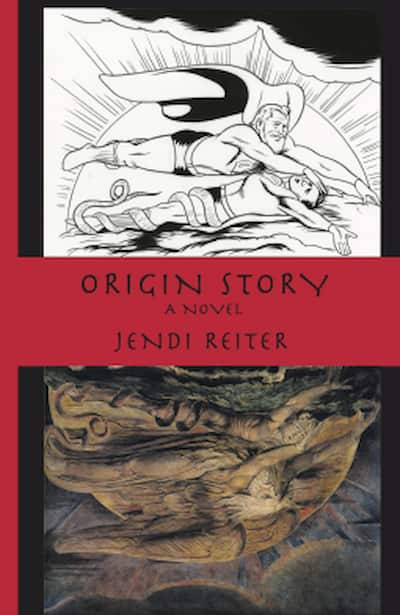If I had to comp this title, it’s like when I discovered Matt Dean, a talented writer self-publishing better litfic than 80% of the market, yet in a way that would earn rejections from most if not all of the big 5 and their imprints, as it’s not easily marketable as one thing or another. I’m glad this one found an indie publisher, although in my dreams it’s one with enough in the budget (ha!) to bring the comic book chapters to life. Akin to Blackouts, it’s a collage of a novel, interspersed with letters and academic journals and emails and interviews, not to mention the entire comic book that Peter and Tai create as they go. Capturing that visually would make a compelling book.
But oh yes—the story. Peter, a social worker in 1990’s NYC, comes of age in his late 20’s, dealing with childhood abuse while navigating a relationship with his boyfriend Julian, who’s escaping family demons of his own, widowed by the loss of his first love to HIV. Collaborating with Tai (/Tyler), a kickass genderfluid teen, Peter starts to write his way back through his memories, exorcising the most painful parts of his past in comic book form. There’s a whole chorus of characters who all get a voice: an HIV-positive teacher who’s trying to adopt a child with his husband; a Christian bodybuilder/political bodyman who’s the “successful” product of conversion therapy; a model-turned-mystical-guru of the self-help set; Peter’s marvelous and plain-speaking half-sister Prue… and on and on. Steeped in nerd culture, and a celebration of queer culture in the midst of the AIDS apocalypse, there’s more joy and kink and friendship and healing than the heavier description of trauma would imply.
One thorny part is that various people on page ascribe Peter’s kinkiness to the childhood incest, much like homosexuality would have been ascribed to that a generation before. That’s pretty faithful to the characters and the time period, especially with the specter of AIDS and unsafe sex, but while in every other way I appreciated the 1990’s verisimilitude of it all—not 1990’s through the lens and vocabulary of 2024—I still yearned for a little glimpse of authorial pushback on that assumption. Thankfully though, it’s indicated near the end that it’s not really Peter “healing” from his kink so much as it is Julian meeting him halfway and embracing his own kinkiness, safely. There’s also a smidge of Zionism, which feels true to the Ashkenazi Jewish character(s) it comes from, but sticks out painfully with the current genocide in Palestine.
All in all, a complex book of messy characters that was worth the read. Well done, Jendi Reiter.
ARC kindly provided by the publisher via NetGalley in exchange for an honest review.
